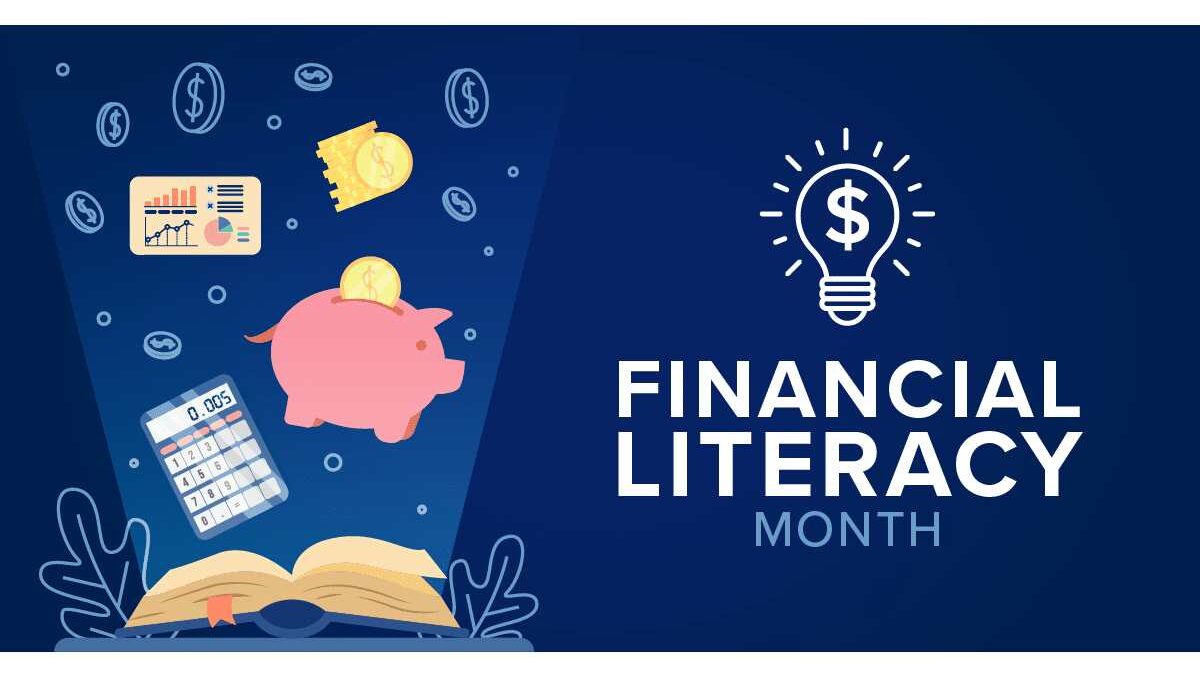With the complexities of economic life, understanding how to manage one’s finances is a critical skill. Yet, many feel at sea regarding budgeting, investing, and debt management.
This Financial Literacy 101 guide aims to change that. We’ll demystify these subjects, giving you the tools to make smart decisions and make your money work for you. So, let’s get started on your journey to financial freedom.
Table of Contents
Budgeting: A Foundation for Financial Success
At the core of financial literacy is proper budgeting. This involves creating a plan for your income and expenses, allowing you to track where your money is coming from and where it’s going. It also helps you prioritize spending and save intelligently.
To create a budget, start by listing all sources of income, including salary, side hustles, and investments. Next, list all expenses, including fixed costs like rent or mortgage payments, utilities, and groceries. Don’t forget to include your discretionary spending like dining out or entertainment, in the list.
Once you have a clear picture of your income and expenses, determine where you can reduce unnecessary spending. This could involve cutting back on eating out or finding affordable options for specific bills. You can save money for future expenses and unexpected emergencies by sticking to a budget.
Investing: Growing Your Wealth
Investing is an essential aspect of financial planning that enables individuals to grow their wealth over time. While the stock market may seem intimidating, various investment options are available. This includes stocks, bonds, and real estate.
However, before investing, it helps to learn different aspects of investing. To start, you can check out this intro on financial statistics. This way, you can gain a better understanding of how investing works.
It’s also crucial to educate yourself on different investment strategies. You must choose ones that align with your risk tolerance and financial goals. Diversifying your investments by spreading your money across different assets is essential.
Remember, investing is a long-term game. So, be patient and avoid making impulsive decisions based on short-term market fluctuations. Starting early and investing in a diverse portfolio can increase your wealth over time.
Debt Management: Avoiding Financial Burdens
Managing debt is vital to maintaining a healthy financial life. Some forms of debt, like student loans or mortgages, may be necessary for achieving specific goals. However, avoiding excessive credit card debt and high-interest loans is crucial.
If you have existing debt, create a plan to pay it off systematically, starting with the highest interest rates first. It’s also essential to make timely payments to avoid late fees and damage to your credit score.
To prevent accumulating significant debt in the future, carefully consider every purchase. Only use your credit when necessary. By practicing responsible spending habits, you can avoid financial burdens.
Financial Literacy 101: Take Control of Your Finances as Early as Now
Financial literacy is a continuous learning process; this guide only scratches the surface. However, you’ll be well on your way to achieving financial stability by implementing budgeting, investing, and debt management strategies.
Stay informed about personal finance topics and review and adjust your financial plan as needed. With determination and discipline, you can take control of your finances and make them work for you.
Did you find this Financial Literacy 101 guide helpful? If so, check out the rest of our site for more.

